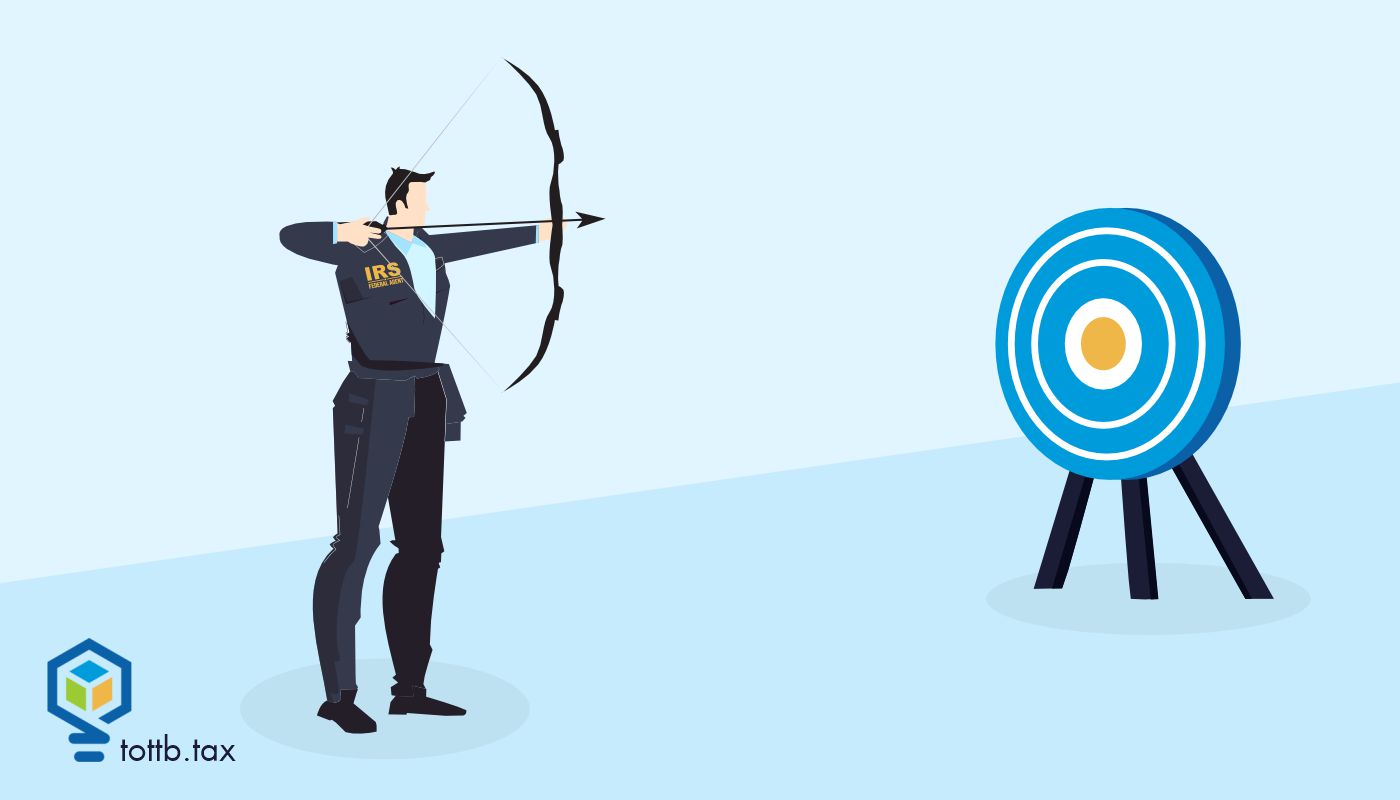One of the favorite sayings of my first managing partner, the late Herb Cohan, was “I’d rather owe it to you than cheat you out of it.” To be honest, like some of the other sayings, I was never clear exactly what it meant. Nonetheless, I think it sums up pretty well a tax strategy that is becoming more viable every year. File a timely accurate return and just don’t pay. Wait 10years and celebrate when the statute of limitation on collections runs out.
Did you know that not paying can be a strategy to get out of your tax bill? It can be, depending on the qualifications and your specific circumstances. Keep reading to see how to qualify.

10 Ways Certified Tax Planners Can Prepare for Increased IRS Focus on Documentation During Audits
The IRS is ramping up scrutiny of high-net-worth individuals and businesses, increasing audit rates by over 50% for those earning above $10 million. Recent IRS initiatives backed by Inflation Reduction Act funding have intensified enforcement on wealthy taxpayers, large partnerships, real estate investors, and tech businesses. IRS agents are digging deeper during audits and expecting taxpayers to produce more documentation to support every position on their returns. To help clients navigate this environment, certified tax planners must take proactive steps to bolster documentation and audit readiness. Below are ten authoritative strategies, complete with industry examples, IRS policy references, and best practices, to prepare for the increased IRS focus on documentation.





